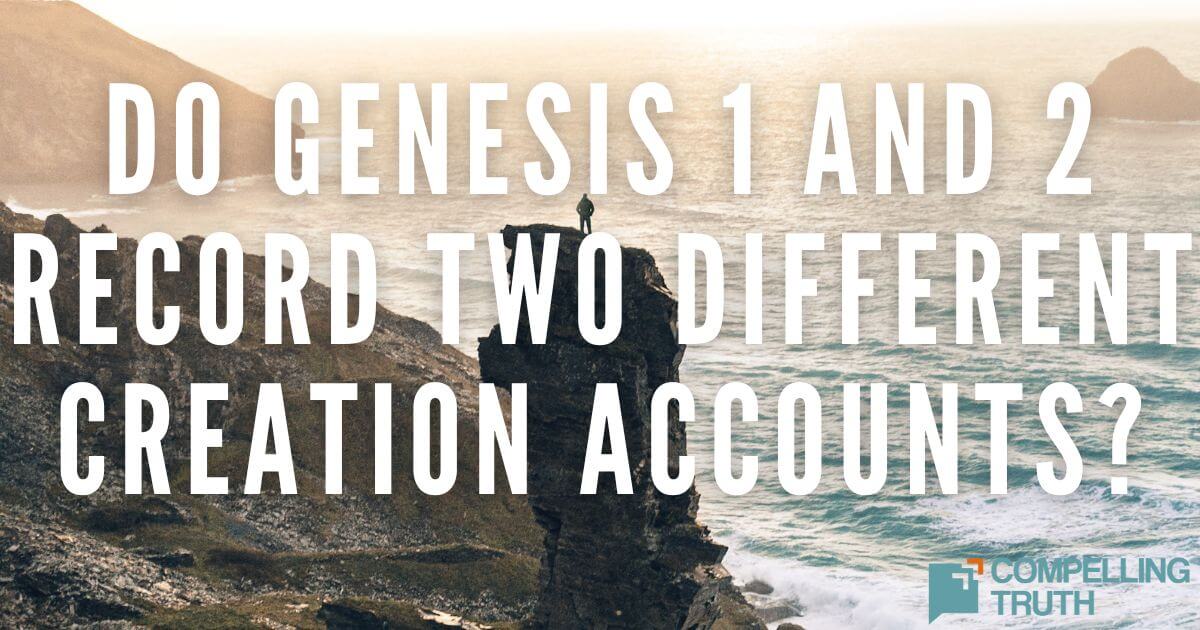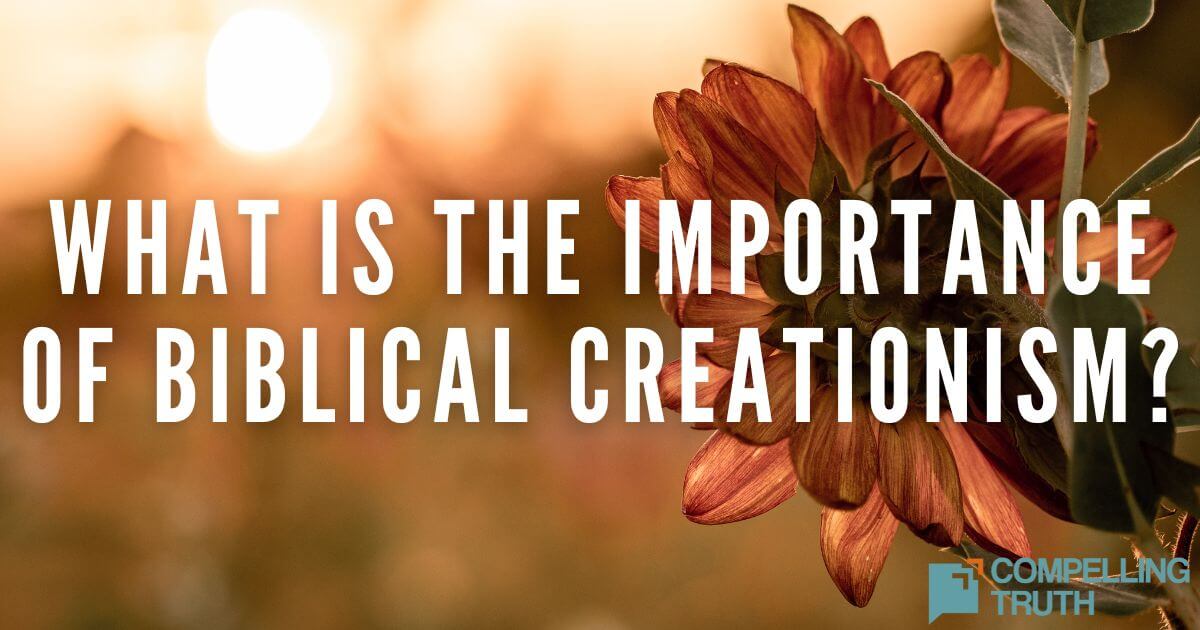what does the bible say?
The Bible describes the creation of the world in six days in Genesis 1 and 2. On the first day, God created light, separating it from darkness. On the second day, He made the sky, dividing the waters above and below it. The third day saw the creation of dry land and vegetation. On the fourth day, God made the sun, moon, and stars. On the fifth day, He created sea creatures and birds. Finally, on the sixth day, God created land animals and humans. Humans were made differently than everything else—God created them in His image, and He gave them a charge to "be fruitful and multiply" and to "subdue" the earth and "have dominion" over animals (Genesis 1:27–28).




